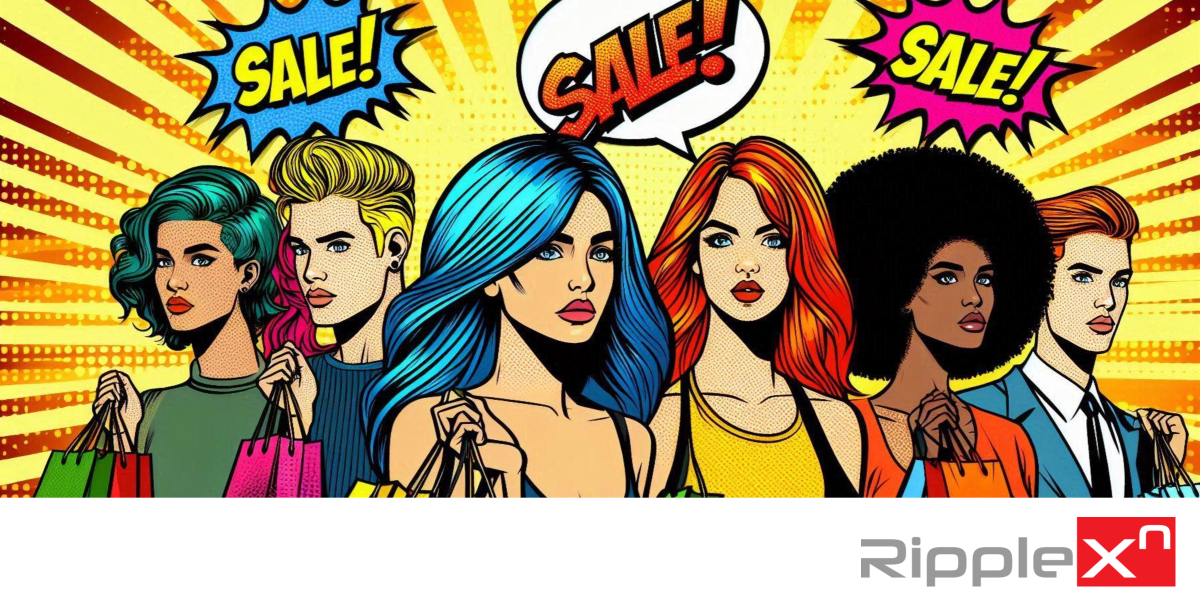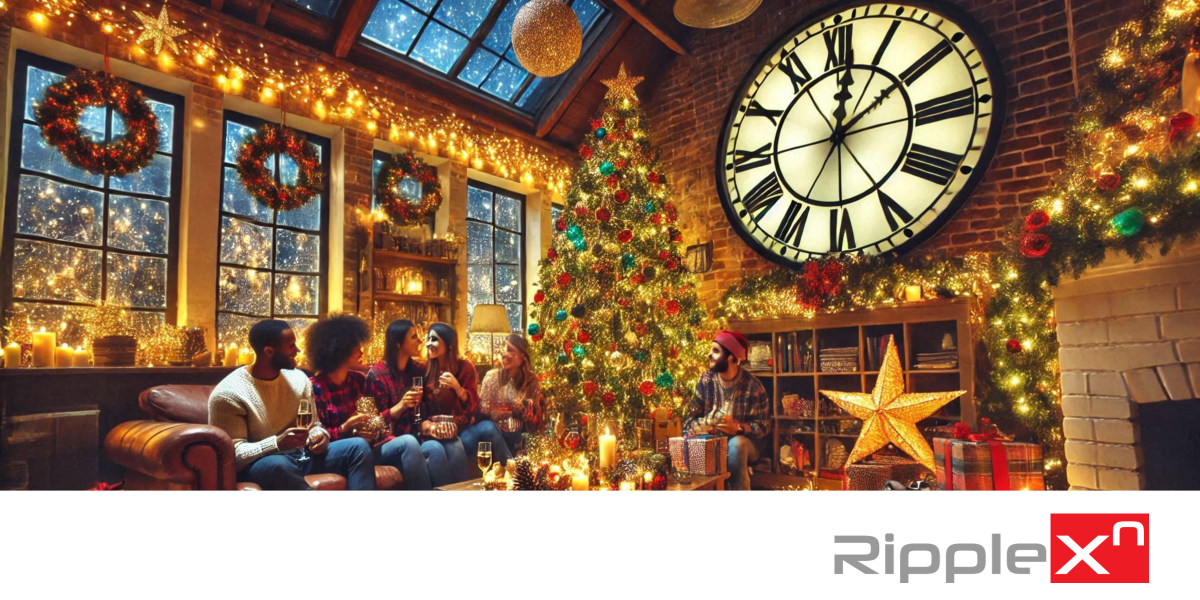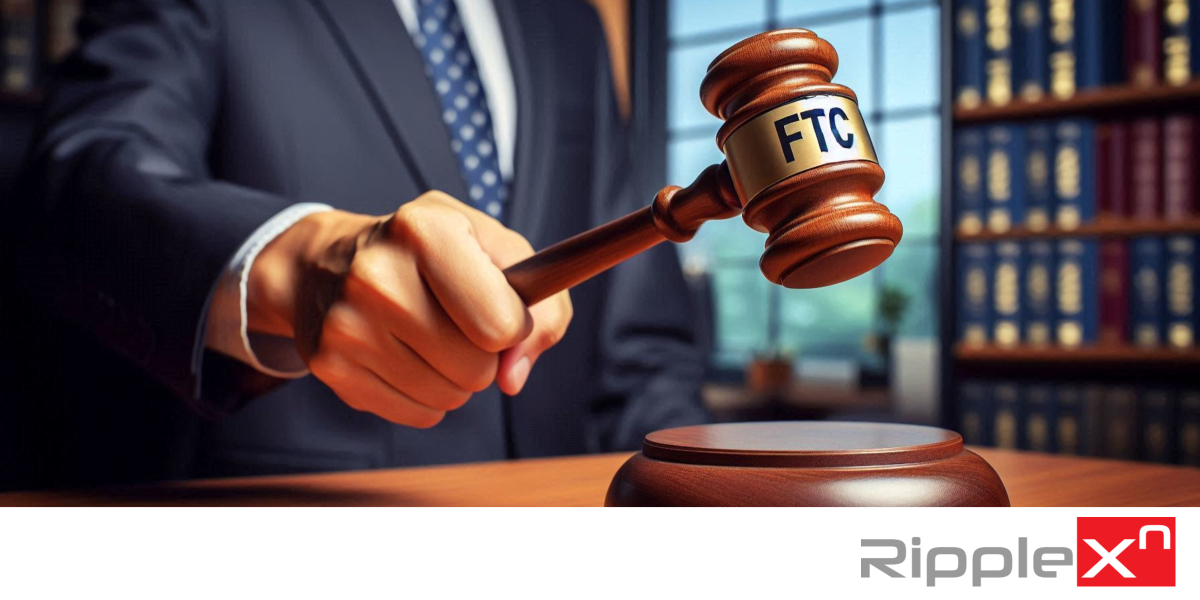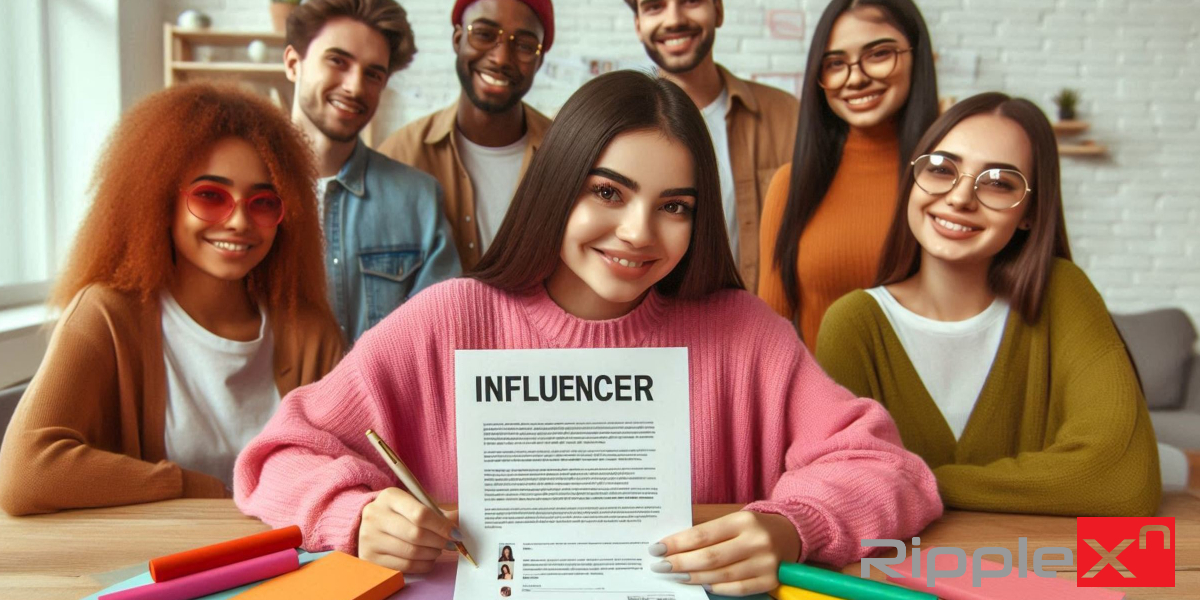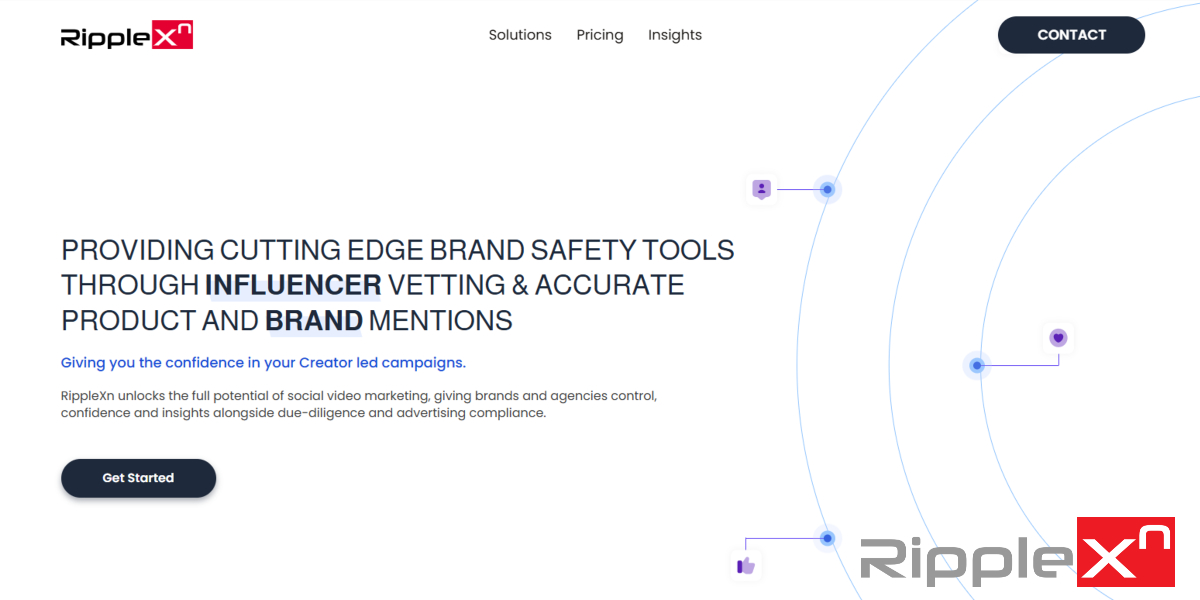The significance of Black Friday in global retail
Black Friday, traditionally the day after Thanksgiving in the United States, has evolved into a global retail phenomenon. This shopping extravaganza marks the beginning of the holiday shopping season and is characterized by significant discounts and promotional offers.
Statistics highlight the immense impact of Black Friday on retail sales:
- In 2023, Black Friday online sales in the U.S. reached a record $9.8 billion, up 7.5% from the previous year. [Source: Adobe Analytics]
- Globally, the average discount offered during Black Friday sales was 21% in 2023.
The rise of influencer marketing
Influencer marketing leverages the power of social media personalities to promote products or services. This strategy has gained significant momentum in recent years:
- The global influencer marketing market size was valued at $16.4 billion in 2022 and is projected to reach $143.1 billion by 2030. [Source: Grand View Research]
- 74% of consumers trust social networks to guide purchasing decisions.
- 61% of consumers trust influencer recommendations, compared to 38% who trust branded social media content.
This figure is similar, but different by industry and country. But many studies have the same correlation. In short, for certain brands and industry IM is essential.
Influencer marketing campaigns for retail brands
Retail brands can leverage influencer marketing in various ways during the Black Friday promotion window. Typical creator collaborations include:
- Product reviews and unboxings: Influencers showcase products, highlighting features and benefits.
- Exclusive discount codes: Unique promo codes for influencers' followers encourage purchases.
- Live shopping events: Real-time streams featuring influencers demonstrating products and answering questions.
- Countdown campaigns: Building anticipation for Black Friday deals through daily posts or stories.
- Limited-time flash sales: Short-duration promotions announced by influencers to create urgency.
There are countless other ways, and hybrids. But, if your audience is watching Creators, then this is the right place for your media strategy.
Risks and rewards of influencer marketing vs. other channels
There are a whole raft of customer acquisition tactics available from your keyboard. Each has pros and cons and can work at different stages of the buying cycle.
Rules and regulations like advertising standards, and potentially extra industry specific regulations like financial services marketing can be challenging by each tactic. These are always part of the decision process.
See our simplified table:
|
Marketing Channel |
Risks |
Rewards |
|
Influencer Marketing |
Potential for brand misalignment, fake followers, led by stats and not engagement, capturing advertising compliance, and contractual checks |
High engagement, authenticity, targeted reach, especially useful for GenZ marketing omnipresence |
|
PPC (Pay-Per-Click) |
Ad fatigue, high competition, high costs, conversion rates |
Immediate results, precise targeting, on and off, dynamic ad copy creation, AI autopilot management |
|
Affiliate Marketing |
Lack of control over promotions, can be expensive on last click attribution, record keeping and advertising compliance enforcement, ad blockers |
Performance-based, wide reach, relatively cheap |
|
CRM (Customer Relationship Management) |
Data privacy concerns, need to build and maintain your own lists |
Personalized communication, customer loyalty, can be behavior prompted |
|
TV Advertising |
High costs, difficult to measure ROI |
Wide reach, brand awareness, total control over creative and message |
|
In-store Merchandising |
Limited reach, high operational costs |
Tangible product experience, immediate purchase opportunity |
Influencer marketing's appeal to Gen Z
Influencer marketing is particularly effective for reaching Gen Z audiences who are socially native and therefore perfect for influencer marketing:
- 82% of Gen Z trust social media influencers more than traditional celebrities.
- TikTok, Instagram, and YouTube are the top platforms for Gen Z influencer engagement. [Source: Statista]
- Gen Z values authenticity and relatability in influencer content. [Source: Deloitte]
Key questions for your first influencer campaign
So, you are making plans for November. Your product and industry lend itself to using influencer marketing. So, what now?
- What are your campaign objectives and KPIs?
- Who is your target audience?
- What type of influencers align with your brand values?
- What is your budget for influencer partnerships?
- How will you measure the campaign's success?
- What content guidelines will you provide to influencers?
- How will you ensure FTC compliance in influencer disclosures?
Tools and Services for Influencer Marketing Campaigns
Consider these tools and services to streamline your influencer marketing efforts:
- Influencer Discovery Platforms: Tools like Upfluence or AspireIQ to find suitable influencers.
- Campaign Management Software: Platforms such as CreatorIQ or Grin for end-to-end campaign management.
- Analytics Tools: Services like Traackr or Influencer Dot Co for performance tracking and ROI measurement.
- Content Approval Platforms: Tools like Gain or Onalytica for streamlined content review and approval.
- Fraud Detection Services: Platforms like HypeAuditor or Social Blade to identify fake followers and engagement.
- Legal and Compliance Tools: Services such as RippleXn ensure proper disclosures and contract management.
By leveraging these tools and services, brands can effectively navigate the complexities of influencer marketing and maximize their Black Friday campaign success.
And of course, RippleXn for influencer vetting. Ensuring that the Creators who you wish to work with are brand safe, are aligned to your brand’s values and aspirations is important. Remember, it takes a lifetime to build a brand and a moment to kill it. Mitigate risks where you can and make better decisions.
